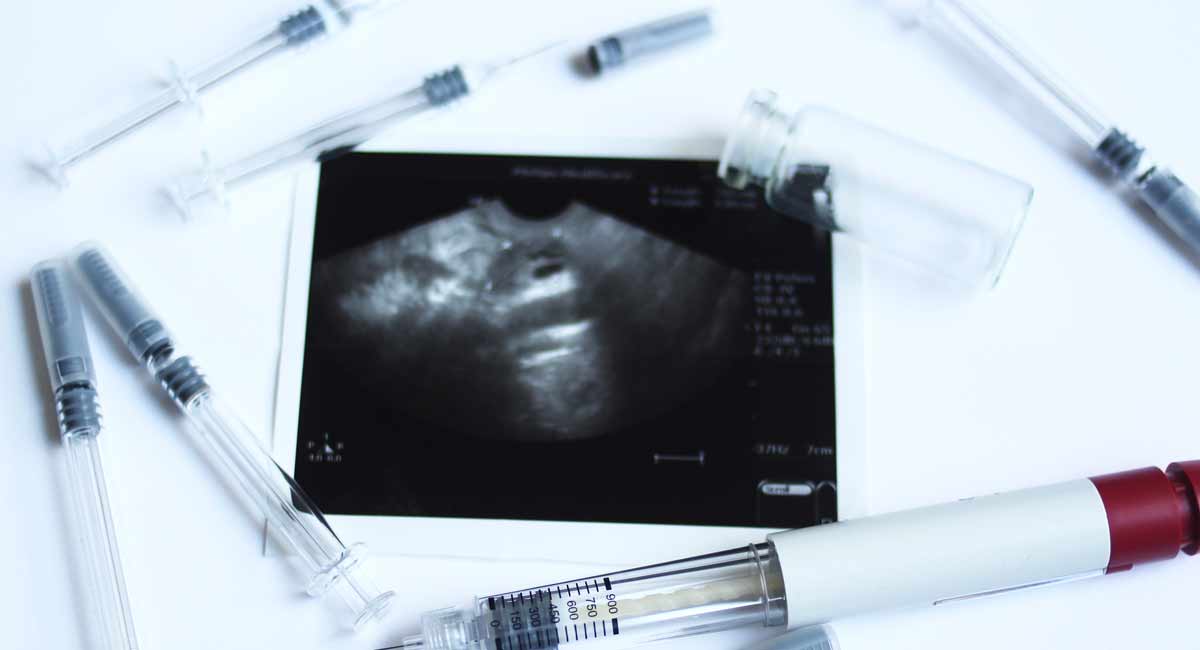New legislation from the Australian Capital Territory (ACT), which encompasses the city of Canberra, would create yet another donor registry in an attempt to have uniformity of data available to donor-conceived children. This is part of an ongoing attempt by local Australian governments to address serious gaps in a country where a fast-growing in-vitro fertilization (IVF) industry is poorly regulated.
The proposed legislation comes after a new report found that one in every 18 babies in Australia is conceived through IVF, which represents a 17% increase from 2020. Sperm donation is the first step in every IVF procedure. IVF, as Live Action News has reported, creates and subsequently destroys even more embryonic preborn babies than abortion. According to The Guardian, the report shows that Australia is one of the most “dependent” on IVF in the world.
According to a press release from the ACT government, “These new laws will set clear rules for surrogacy agreements, ensuring everyone involved knows what to expect whilst also protecting the rights of surrogates and children,” said Minister Cheyne. “It will mandate legal advice, counselling, a written agreement before conception, and age criteria for surrogates, while respecting their pregnancy and birth rights. Importantly these changes will provide clarity and certainty as well as ensure adequate protection of the human rights of children born of surrogacy, surrogates and intended parents.” The law will also govern embryo creation and storage.
READ: Christian writer expresses regret over choosing IVF: ‘I’m not God and I was playing Him’
Participation in the first stage of the donor list – covering past donors and donor-conceived people – is voluntary, which in actuality does very little for donor-conceived people seeking their genetic health history, or for stopping serial donors.
Currently, six Australian states and two territories have their own local donor lists, and no national centralization or regulation exists because health regulation is left up to individual states rather than the central government. Many states have guidelines that are legally unenforceable, and different entities control different donor registries in each state.
La Trobe Law School Dean, Professor Fiona Kelly, noted the difficulty in creating a national, or even uniform donor registry. “At the moment there is no easy way to create a national register because all the states would either have to agree to pass the same legislation that creates a national register, or they would have to hand their power over to the Federal Government because it doesn’t have power over health,” she told LSJ Online.
The hodgepodge regulatory framework around IVF has raised concerns about “prolific donors,” or donors who have contributed to many families, which could lead to genetic problems caused by unforeseen consanguinity in future generations. As Live Action News has reported, one such “super donor” may have fathered over 1,000 children. Due to practices of dividing donations and ampoules, some think it may be impossible to know for sure. In the United States, other prolific donors face very few incentives to stop, and many donor-conceived children find they have several dozen half-siblings.
Aimee Shackleton of the advocacy group Donor Conceived Australia (DCA) cautioned that the lack of uniformity around laws and donor registries could lead to donors crossing state lines to avoid donation caps.
“Sperm was transferred across states in Australia and, once it leaves a state, nobody keeps records of what happens to it,” Shackleton said to The Guardian. “When donor-conceived people find out they have that many siblings, it is very distressing. We are now advising our members that you will never really know when you get to the full number.”







